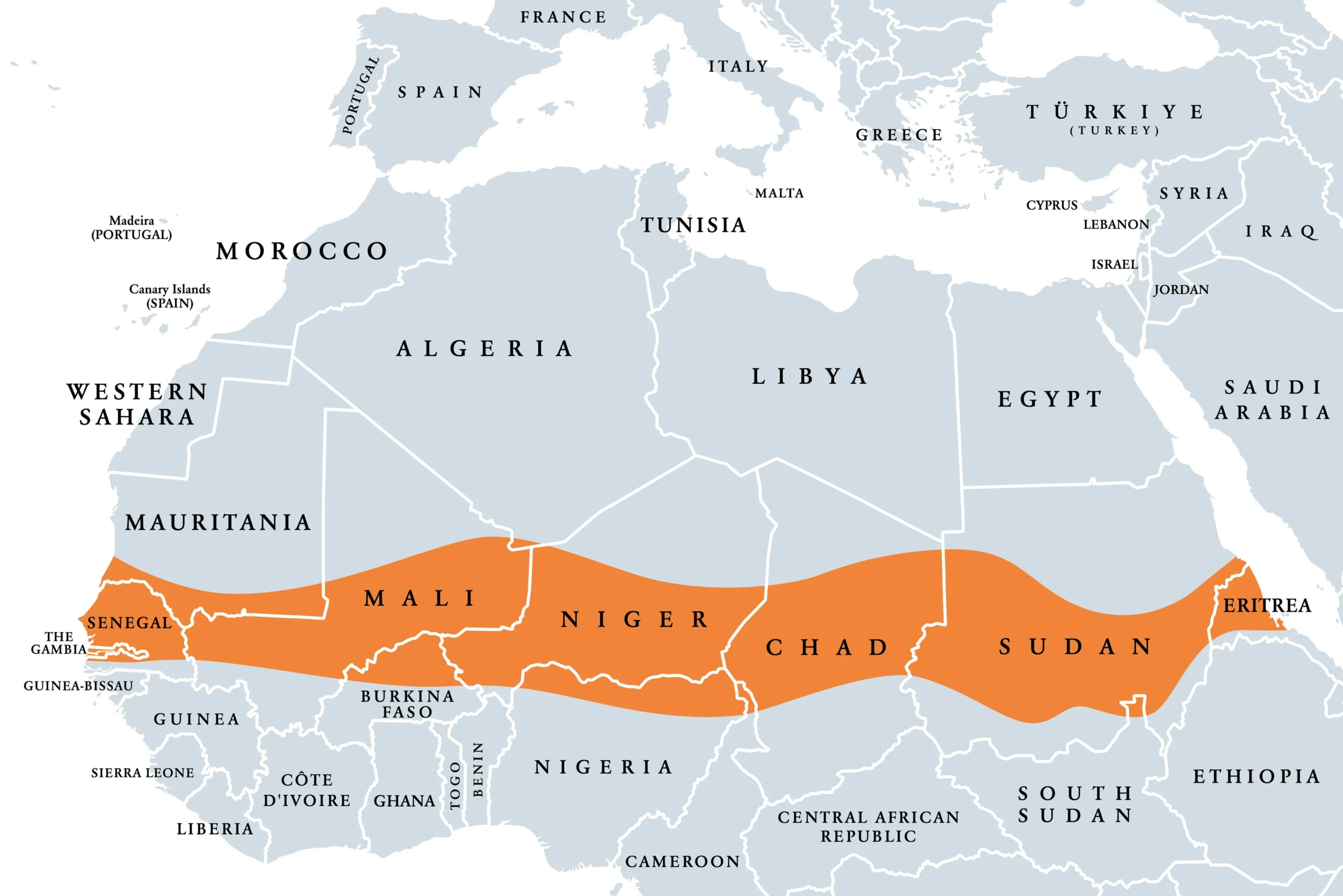
The Sahel Solidarity Campaign Network (SaS-CaN) has issued a strong response to growing international criticism labelling the military rulers of Mali, Burkina Faso and Niger as dictators, arguing that such claims undermine the sovereignty and stability of the region.
In a statement released on July 26, SaS-CaN President Alimamy Bakarr Sankoh denounced what he described as “mischievous allegations” orchestrated by foreign powers. Sankoh argued that Western-backed models of democracy had failed the Sahel, leaving citizens vulnerable to poverty, insecurity and exploitation of natural resources under previous governments.
“Foreign powers have long manipulated elections and dominated resource extraction while leaving our people impoverished and abandoned,” the statement read. It characterised recent military takeovers as “revolutionary corrections” to decades of neo-colonial governance.
The advocacy group pointed to what it called tangible reforms under the new leadership, including tax overhauls, anti-corruption initiatives and the creation of a joint regional military force to bolster security. It also accused France and its allies of destabilising the Sahel through weapons transfers and alleged support for armed groups.
International criticism, Sankoh claimed, was hypocritical, asserting that Western nations routinely violate democratic principles through military interventions and economic pressure. “These governments are defending their nations against foreign manipulation while restoring dignity and security to their people,” the statement said.
Mali, Burkina Faso and Niger have all faced regional sanctions and suspension from the Economic Community of West African States (ECOWAS) following military coups between 2020 and 2023. ECOWAS has maintained demands for a return to civilian-led governments despite SaS-CaN’s claim that “true democracy” is now being practised under military rule.
The statement reflects deepening tensions between the Sahel’s transitional authorities and the international community as debates over governance and sovereignty in the region intensify.



